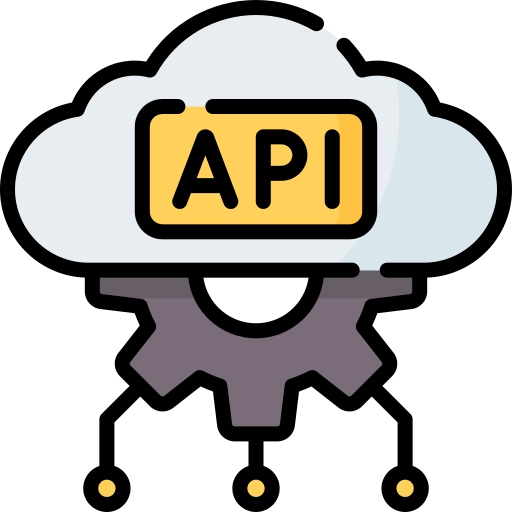In the ever-evolving world of APIs (Application Programming Interfaces), marketplaces have emerged as a central hub for discovery, integration, and innovation. But just like any bustling marketplace, the API landscape offers a diverse range of options. Let’s delve into the five main types of API marketplaces to understand their unique characteristics and which one might be the perfect fit for your needs.
1. Public API Marketplaces: Imagine a bustling town square teeming with vendors. Public marketplaces are open to all, offering a vast collection of APIs across various categories like social media, finance, weather, and more. Think of platforms like RapidAPI or ProgrammableWeb. These marketplaces are excellent for finding general-purpose APIs and experimenting with new functionalities. However, they might lack the in-depth documentation or specific industry focus you might require for complex projects.
2. Enterprise API Marketplaces: Transitioning from the town square to a corporate business district, enterprise marketplaces cater to the needs of organizations. These platforms offer a curated selection of APIs, often focusing on specific industries like healthcare, finance, or logistics. Examples include MuleSoft Anypoint Exchange or Apigee Marketplace. They provide stricter security measures, detailed documentation, and potentially even support services, making them ideal for integrating mission-critical APIs into enterprise applications.
3. Developer-Driven Marketplaces:
Think of a community bazaar bustling with independent creators. Here, developers themselves take center stage, publishing and sharing their own APIs. Platforms like Mashape or Apiary fall into this category. These marketplaces foster innovation and offer unique APIs you might not find elsewhere. However, the quality and support might vary depending on the individual developer.
4. Vertically Focused Marketplaces: Moving away from the general market, vertical marketplaces specialize in a particular industry. Imagine a marketplace dedicated solely to APIs for travel booking or e-commerce functionalities. Examples include Twilio (communication APIs) or Stripe (payment APIs). These platforms offer a deep understanding of the specific industry’s needs, providing well-documented and industry-standard APIs that seamlessly integrate with your existing infrastructure.
5. Private API Marketplaces: Not all marketplaces are open to the public. Private marketplaces are internal platforms within a company or organization, allowing developers to share and reuse APIs within their ecosystem. These platforms promote collaboration and knowledge sharing, streamlining internal development processes. They often require specific access or login credentials and might not be accessible to external users.
Choosing the Right Marketplace for You
The ideal API marketplace depends on your specific needs. Consider these factors:
- API Requirements: What type of APIs are you looking for? General-purpose or industry-specific?
- Project Scale: Are you building a simple prototype or a complex enterprise application?
- Developer Expertise: Do you need extensive support or are you comfortable with independent exploration?
- Security and Compliance: What level of security and data privacy is required for your project?
By understanding the different types of API marketplaces and considering your project’s needs, you can make an informed decision and find the perfect platform to fuel your next API-driven innovation.


